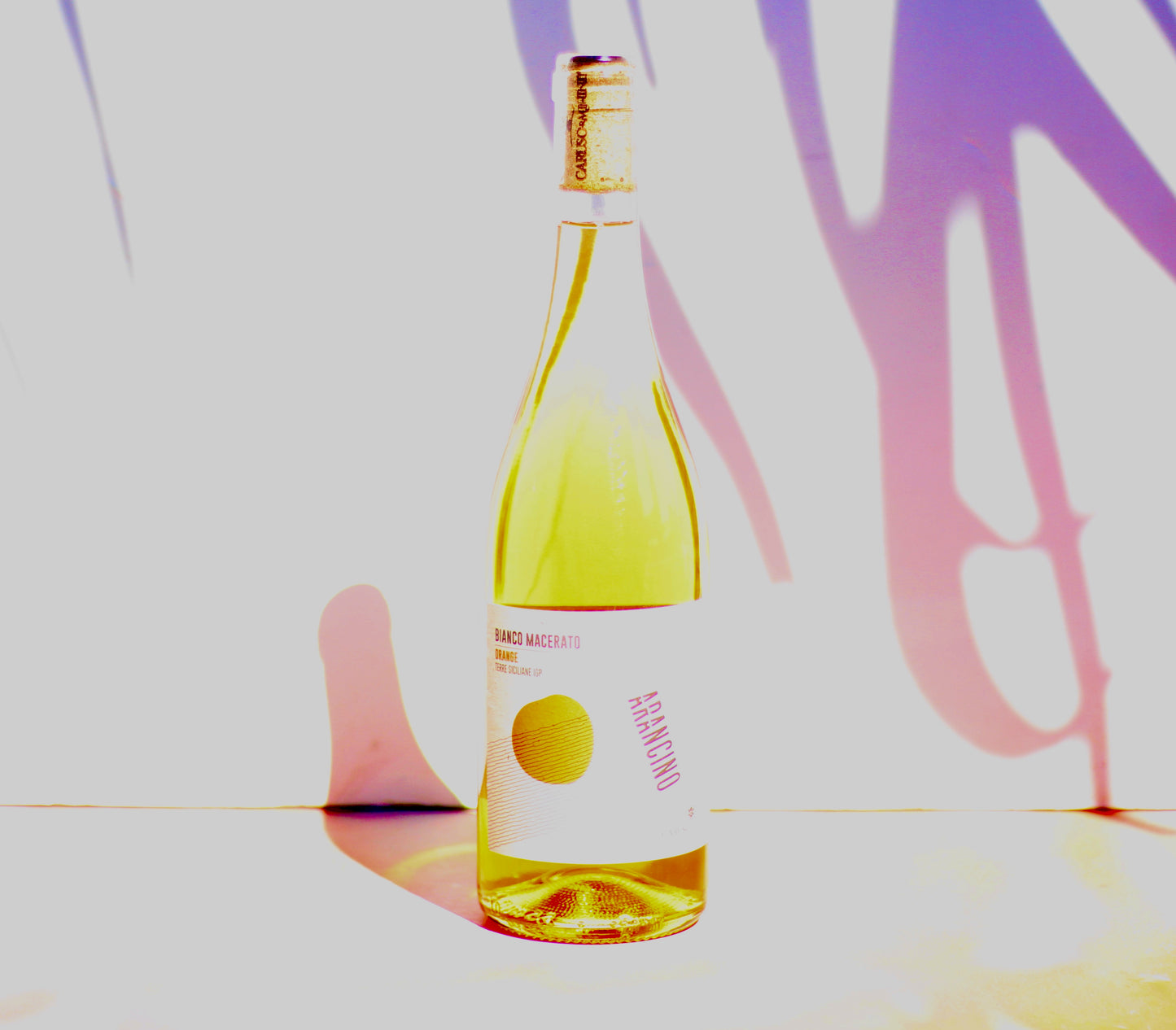2021 Caruso & Minini Arancino
2021 Caruso & Minini Arancino
Region: Marsala < Sicily > Italy
Grapes: Catarratto + a splash of Inzolia
Vineyard/Cellar Stats: Certified organic/biodynamic farming, 20-day skin maceration then stainless steel fermentation and aging, 200-400m altitude, soil is sandy with large stones; 12.5% ABV
Winemaker: Giovanna Caruso
Located on Sicily’s western-most coast near the town of Marsala, Caruso & Minini boasts a history that harkens back to the late 1800’s when Antonio Caruso bought the company to grow grapes for the nearby Marsala factories. The company was passed through subsequent generations until Nino Caruso finally decided to begin making and bottling his own wine in the mid 1900’s. In 2004, Stefano Caruso joined forces with Mario Minini of Lombardy to launch the present-day winery, producing wines from indigenous Sicilian varietals such as Catarratto, Nero d’Avola, Frappato, Inzolia, and Nerello Mascalese. Today, Stefano’s daughter Giovanna works closely with her father to head up this historic winery. While she helps support the estate as a whole Giovanna also cultivates five hectares organically, and she uses this fruit for her side project, the Naturalmente Bio series.
Usually made into Marsala, a sweet, fortified wine, Catarratto rarely shines on its own. And almost never gets the skin-contact treatment. So we were pleasantly surprised by this bright orange wine that she calls, appropriately, Arancino (orange in Italian). Hailing from the vineyards Giovanna farms for her bio series are located in a very windy area full of windmills, where it doesn't get as hot here as other parts, so the grapes retain their acidity. This wind-cooled climate combined with 20 days on the skins produces an interesting white that truly drinks like a red, with real grip, structure and pleasantly bitter, tea-like tannins. Not a beginner orange wine, this one is for converts, and really wants food - try with a cheese plate, or roast chicken, or even a rich, hearty, white-sauced or veggie driven pasta. And chill it down, but not too much, 30-40 minutes in the fridge should do - any colder and the tannins will intensify and the fruit will hide.
Couldn't load pickup availability


